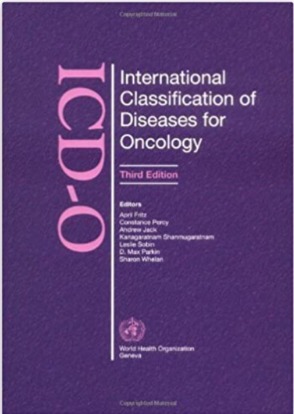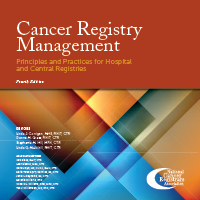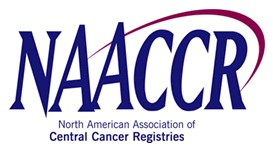2023 Updates to ICD-O-3
8/22/2022 – NAACCR has released the 2023 updates to the ICD-O-3 histology and behavior codes. All Registrars, regardless of which type of facility, should become familiarw with the proposed changes and guidelines and coordinate with your software vendor updates to their software and edits metafiles.
To download the files (at no charge), click here ICD O 3 Coding Updates – NAACCR. Updates are available in PDF and Excel file formats. Code lists are available in numeric and alpha tables. Also available is an annotated histology list with descriptions. Be sure to read the Coding Guidelines document for the summary of changes and how updates will be implemented and the rationale for doing so.







